2022-04-13 Wed
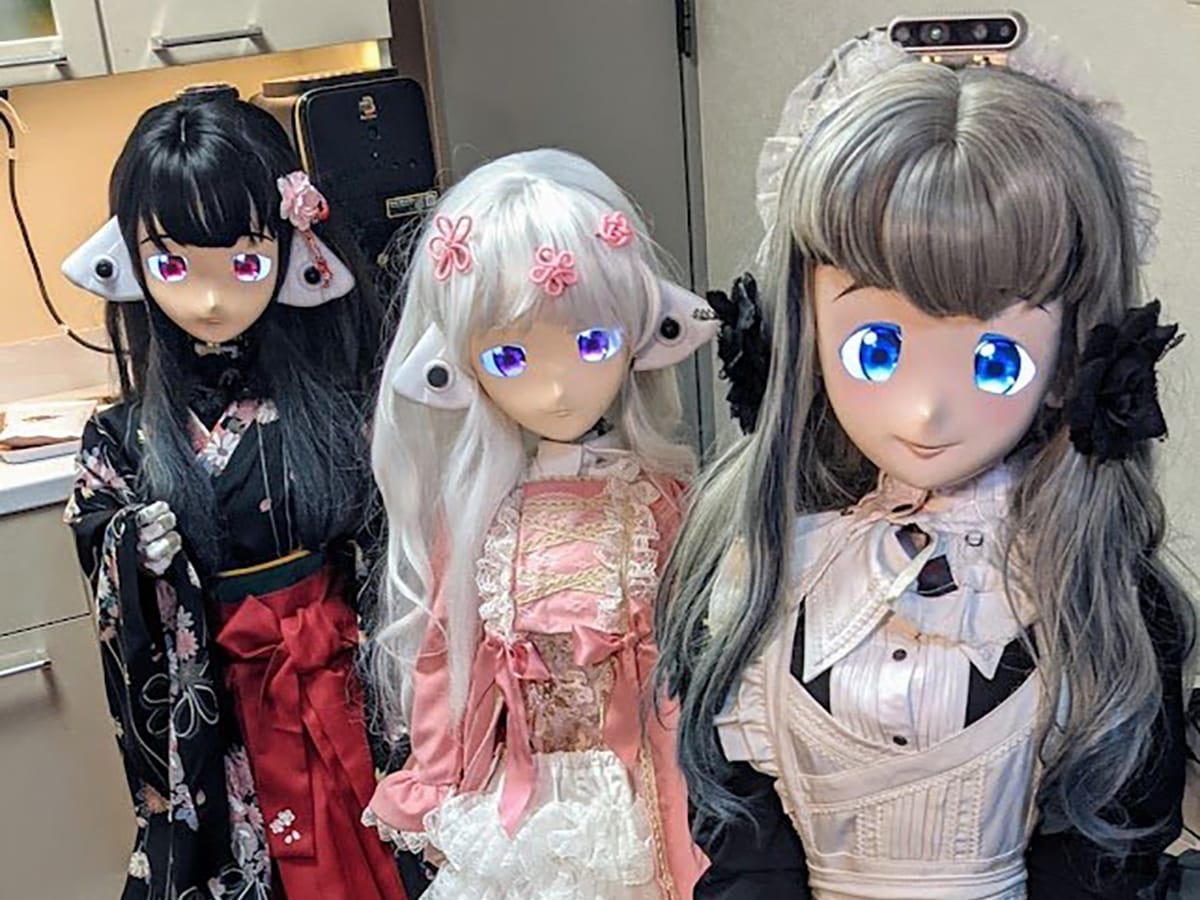
Source: A_say (@A_says_) - image used with permission
Ever since Rosie in The Jetsons, the concept of the maid robot has become synonymous with a fictionalized version of the near future. In Japanese manga, anime and games, maid robots have taken on a more humanoid appearance. Multi in the light novel To Heart, Mahoro in Mahoromatic, Cyberdoll May in Hand Maid May are a few who come to mind.
But what if you could have a maid robot in real life? This is the question and current passion fueling the creative efforts of Japanese robot hobbyist A_say, who runs the MaSiRo Project, which stands for: "Maid Apprentice Substantializing Ideal Robot." MaSiRo (pronounced "mashiro") is also the name of the project's first maid robot.
According to his website, he dreams of a world where each household would have its own maid robot. However, as it would be very difficult to develop a maid robot that could actually move around and perform tasks in an entirely new and unknown place, he wants to set up a limited environment where maid robots can fully operate. The first testing ground will be a maid cafe, currently scheduled to open in Fall 2022.
Some of our readers may recall our article on the MaSiRo Project in 2019. Since then, MaSiRo has evolved and two twin sisters, CiRo (pronounced "chiro") and CiYa (pronouonced "chiya") were "born."
This video, featuring English subtitles, traces MaSiRo's development from her origins to her current state of development. A video focused on her sisters will follow. (Please note that the video shows images of MaSiRo's mechanical workings. If you would prefer not to see that, don't watch the video):
Interview with A_Say
Interest in the MaSiRo Project has picked up recently. On March 13th, 2022, it was featured on TV Asahi's 発進!ミライクリエイター Hasshin Mirai Kurieitā (Advance! Future Creators). Moreover, in the past week or so, MaSiRo and her sisters have gone viral, appearing in English-language social media, featured by anime YouTubers, and earning them new fans as well as ... non-fans.
We had a chance to interview A_Say to find out what he thinks about the sudden international attention his project has received, what has changed since the last time we introduced the MaSiRo project in grape Japan, and what his plans are for the future.
Q: We first wrote about the MaSiRo Project in May 2019. What features have been improved or added since then?
A: The most significant advance is that MaSiRo has evolved from a robot that just follows you around holding your hand to a robot that can properly serve food and drinks. In 2019, her right arm was unmovable and dedicated to holding hands, while her left arm was slightly movable and could gesture a bit. Now, MaSiRo can not only follow you around holding your hand, but she can also hold and carry objects with both arms.
Another major and ongoing advance is that MaSiRo has gained the ability to move autonomously at her own discretion. This is one of the most important functions required for work in a maid café. With this, she has taken a step forward in her evolution to a maid robot that can properly bring you coffee, for example.
The other important development is that MaSiRo's younger sisters CiRo and CiYa were born. At first, we planned to have only CiRo, but the crowdfunding campaign went so well that CiYa was born as well. In the future, we plan to enhance the cooperation between MaSiRo, CiRo, and CiYa. Although it has become more difficult (due to the pandemic), we plan to have them play an active role in various ways, such as taking them to events and in rural locations as well.

Reproduced with permission from A_say (@A_says_)
Q: Your crowdfunding campaign achieved over 300% of the goal. Did you expect it to be that successful?
A: I thought we would be able to achieve 100%. However, I didn't expect to exceed the stretch goal of 230%, so I really didn't think we would have not just one younger sister for MaSiRo but two.
Q: Many online commenters pointed out that CiRo and CiYa's ears look like persocoms in Chobits. Were you influenced by persocoms? Were there other specific anime or manga that inspired your design?
A: Everyone mentions Chobits when they see CiRo and CiYa. Actually, I wasn't aware of it at all when I designed it, but when I finished it and people began saying that, I thought "Indeed!" Since the Chobits anime was one of my favorites, it's quite possible that I was strongly influenced by it somewhere in my unconscious.
I wasn't aiming for a specific character, but rather to embody the concept of "robot girls" that often appear in anime. Yumemi Hoshino from Planetarian: The Reverie of a Little Planet, Multi from the visual novel To Heart, Tama from Gintama, and so on, they were all references for the concept of robot ears which influenced the final design.
MaSiRo is both my daughter and everyone's waifu.MaSiRo project leader A_say
Q: The MaSiRo project has recently gone viral on social media in English, Spanish and other non-Japanese languages. The next few questions address this viral activity and the nature of the comments it has produced.
To begin with, some of the positive comments on social media and on your YouTube channel include "They look so adorable", "I want a robot maid waifu at home," and "Take my money!" Please let us know what you think.
A: I am honestly happy to hear positive feedback. I understand that there are people in the world who don't like anime and that this robot isn't for everyone, so I'm happy to think that there are fellow otaku in the world who accept a robot like MaSiRo.
In the context of the otaku term "my waifu," MaSiRo is both my daughter and everyone's waifu. I hope that more and more people will recognize her as their waifu and that she will continue to be loved by otaku wherever they may be.
Q: Among the negative comments, some people said MaSiRo was scary and alluded to scenarios often portrayed in dystopian science fiction in which robots evolve to dominate and harm humans. You recently developed a wireless emergency stop switch. Why?
A: First of all, I would like to reassure everyone that things won't turn out like dystopian science fiction, at least not for quite a few years. As a developer, it would be nice to see robot intelligence develop to the point where they could theoretically dominate humanity, but I personally have no intention of bringing that about. The emergency stop button, in a nutshell, is to stop MaSiRo from operating out of control.
Robots are precision machines, so there is no way that they could all run amok due to a programming error or mechanical malfunction. If something goes wrong, it's simply dangerous for a robot to keep moving around and the motor could even break. That's why all industrial robots in the world are equipped with an emergency stop switch. So, this switch I developed isn't some kind of failsafe mechanism to stop robots from taking over the world. It's about the same as the brake pedal in your car.
Q: Some of the negative comments revealed a certain discomfort with the fact that the robots are small and "look like children." Please let us know what you think of this.
A: Honda's Asimo, for example, stands at 120 cm (just under 4 feet). This is said to be the height at which he can stand and work with a seated human. The taller a robot gets, the higher its center of gravity becomes, which increases the risk of it falling over, and also makes transporting it more difficult. Furthermore, since robots are unknown to many people, they can easily cause fear, and a tall robot can be quite intimidating. On the other hand, the smaller a robot is, the more difficult it becomes to accommodate motors and other mechanical devices.
While a small, childlike appearance can also be "cute," it's not always the best choice for a robot. Just as important or perhaps even more important for me is conveying the idea that a moderately small robot is ideally functional.
Q: You mentioned that your robots are smaller than a human adult to increase their transportability. Is there a possibility that this problem will be solved in the long run and you will work on a human-sized robot?
A: As I mentioned above, there is currently no merit for me in intentionally making a robot the size of a human adult. However, since MaSiRo is more highly functional than her sisters CiRo and CiYa, she features a growing number of mechanical parts. To accommodate them, she has grown 5 cm taller than when she was just born. In the end, it's a matter of beautility: the task that each robot needs to accomplish naturally determines its size.
The "Maid Robot Cafe" is a means to an end. Our goal is to make anime-like beings manifest in reality as if they were alive.MaSiRo project leader A_say
Q: Maid robot functions such as reacting to head patting and offering their knees for customers to rest their heads on go beyond the job description of most staff now working in Japanese maid cafes. What is your intention in implementing these functions?
A: First of all, the "Maid Robot Cafe" is a means to an end. Our goal is to make anime-like beings manifest in reality as if they were alive. When we exhibited MaSiRo and her sisters at an exhibition, both men and women wanted to pat their heads, partly because of their short stature. So then, which is more "lifelike," having no sensor and not responding, or having a sensor that detects touch and responds?
We are not making robotic systems with a maid robot café as the ultimate goal. We want to open a maid robot café as a place where anime-like beings can manifest in our world as "living creatures" using robot technology, a place where they can work and have an active role.

Reproduced with permission from A_say (@A_says_)
I agree that the knee pillow function is not a useful feature for a maid café, but this is a byproduct, so to speak. For a robot to pick up an object on the floor, it absolutely must lower its knees until they touch the floor. Being able to kneel is also necessary to make the robot as compact as possible during transportation. However, to protect the chest part and its sensitive circuits during transportation, we mounted cushions on the knees. So, the robot has padded knees to perform its task, and the result was a structure that can also be used as a knee pillow.
Q: MaSiRo, CiRo, and CiYa cannot speak at present, but do you plan to add a speaking function in the future?
A: They will not speak for a while yet. Even with today's technology, it's easy to generate speech, but once a robot speaks, people will think, "This robot can talk!" and talk to them in an attempt to have a conversation. However, with the current state of technology, having a natural conversation is not yet possible. And when they realize that they can't have a converastion, people can get disappointed and harbor negative feelings.
Therefore, until a time in the future when conversational AI has greatly developed, MaSiRo and her sisters will remain silent. However, although they don't speak yet, they'll be able to easily listen to what people say. We are currently developing a voice-recognition system to that end.
Q: You've said that the maid robot cafe is scheduled to open this fall. Are you on schedule?
A: We're mostly on schedule, and we're working hard. This will be the first experimental store, and we're planning on operating it for a limited time with a limited number of visitors.
The maid robot café ... (is) just the beginning.MaSiRo project leader A_say
Q: In the comments on social media and on your YouTube channel, some people have expressed interest in buying your maid robots. On your crowdfunding page, which ended last September, you said that "the next step in this crowdfunding process was to investigate whether selling or renting would be possible." Since then, has your investigation yielded an answer?
A: At the moment, we are not at that stage yet. They malfunction frequently, so we're continually redesigning them. Also, since we aren't a company, we can't sell or rent them yet, or even provide support when they break down. Therefore, our priority is being able to smoothly operate the maid robot café this fall, and that's our starting line, it's just the beginning.
Q: In a near future when maid robots work in maid cafes, how do you see the relationship between maid robots and maid humans? Will they be friends working together, rivals, or something else?
A: I don't believe that maid robots will be considered the equals of humans in the immediate future. Rather, I see their relationship as being similar to that of humans and cats. They can somehow communicate their intentions even if they don't talk. For example, in stores with cats, cat-loving customers can be soothed by just being near them. Some customers dote on them, some customers hate them.
However, cats can't replace humans, and humans can't replace cats. They are just "that kind of creature" that's different from humans. If it's a cat's job to be petted by humans, it's a maid robot's job to serve humans in cafes. In summary, I think we can consider maid robots "partners who have charms that humans don't have."
Q: Is the MaSiRo project ending with a single maid robot cafe, or is there a larger plan?
A: The Maid Robot Cafe is just a waypoint. As I said earlier, I want to manifest entities from the world of anime into our real world as if they were "living things." Leaving aside the philosophical implications of what "living" means, I define it here as "being needed by humans in their environment and having an active role" and interacting with these humans so that they think "they seem to be alive."
A café is "a place where robots are needed by humans in their environment and have an active role," and this definition can be extended to other places besides cafés in the future. Creating "technology that makes people think something is alive" is a continual process. No matter how much we perfect it, we'll never be able to finish it.
I know many people will feel uncomfortable with the first version. However, I think it would be fun to see a future in which people will really think that beings from the world of anime have manifested as "living beings" in the real world and people would accept them as such. Just in the same way that ads for anime shows and goods are lined up in the streets of Japan and recognized as "those kinds of ads," this would be a world in which anime-like robots would be integrated into society as "those kinds of beings."
With a successful crowdfunding project completed in September 2021 and a grant from the INNO-vation Program sponsored by Japan's Ministry of Internal Affairs and Communications, A_Say and his team are hard at work preparing for this fall. Now, with additional international attention, perhaps his progress will be accelerated.
If you'd like to support the MaSiRo Project or find out more about it, see the following links:
MaSiRo Project official website (English)
Call for supporters and collaborators
MaSiRo Project YouTube Channel
Tipping: How you can contribute
Pixiv Fanbox
Booth (online shop) for MaSiRo Project goods
A_Say Twitter account
If you live in Japan or will be visiting in late summer and would like to see MaSiRo, CiRo and CiYa in person, they will be making their next appearance at the 59th "F-Con" Nihon SF Taikai (convention) to be held on August 27th and 28th.
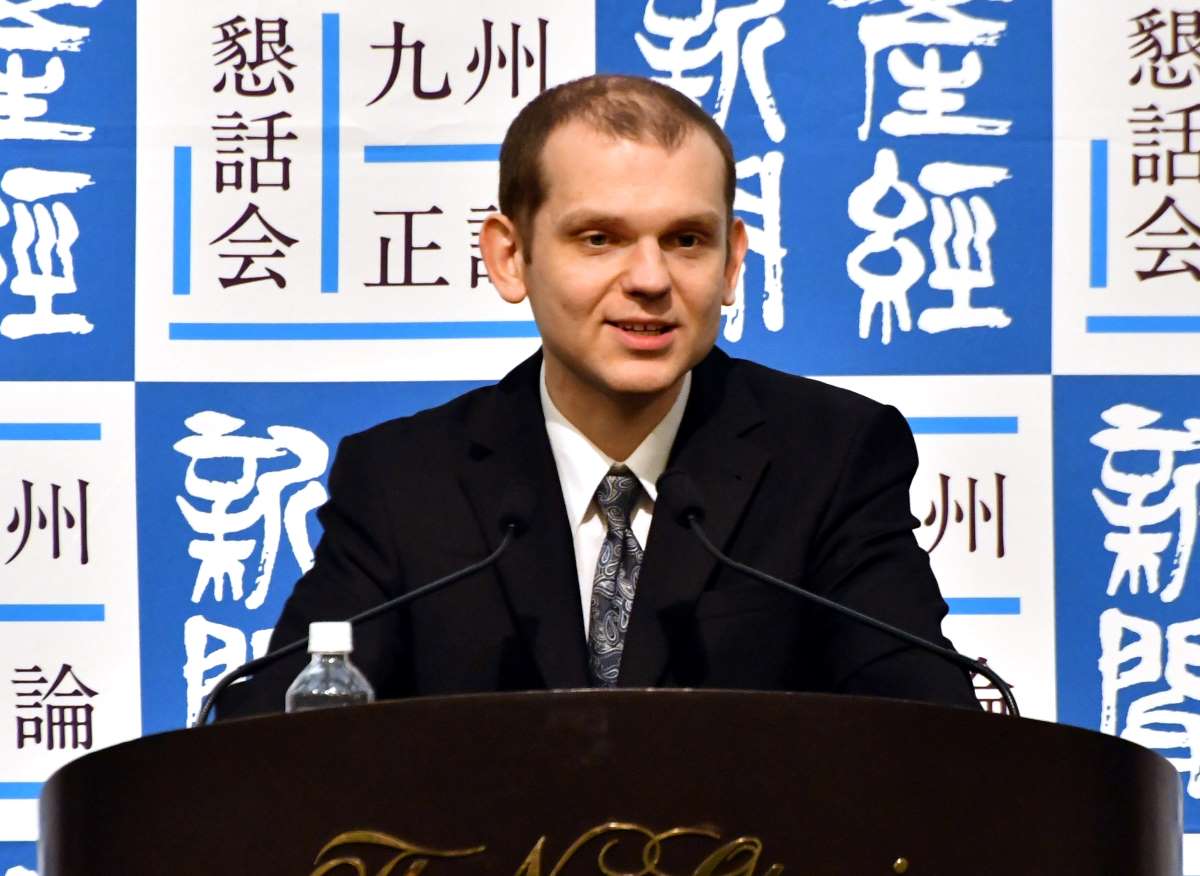
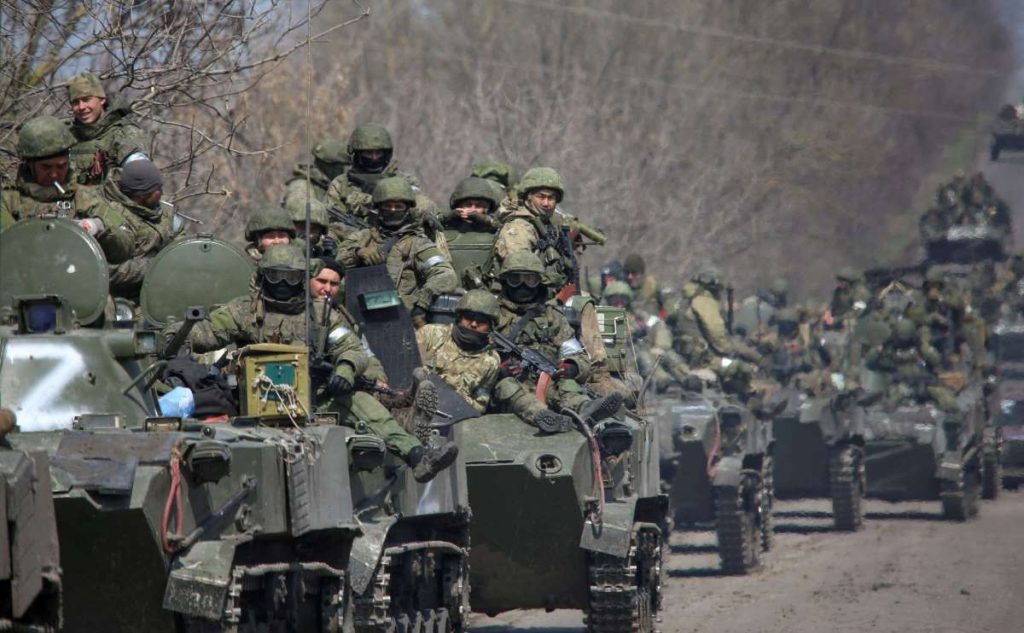

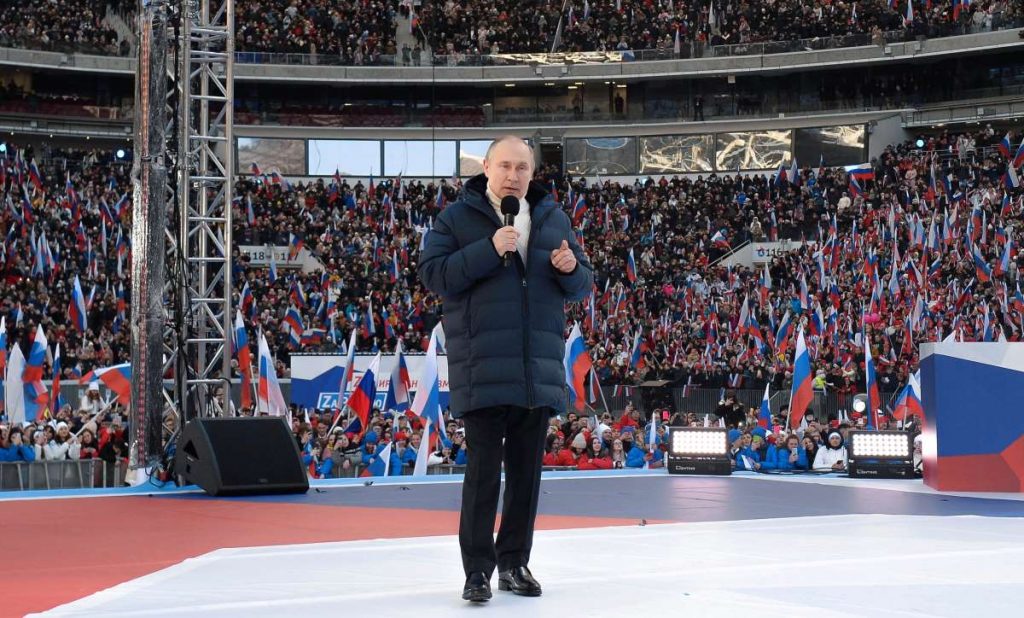

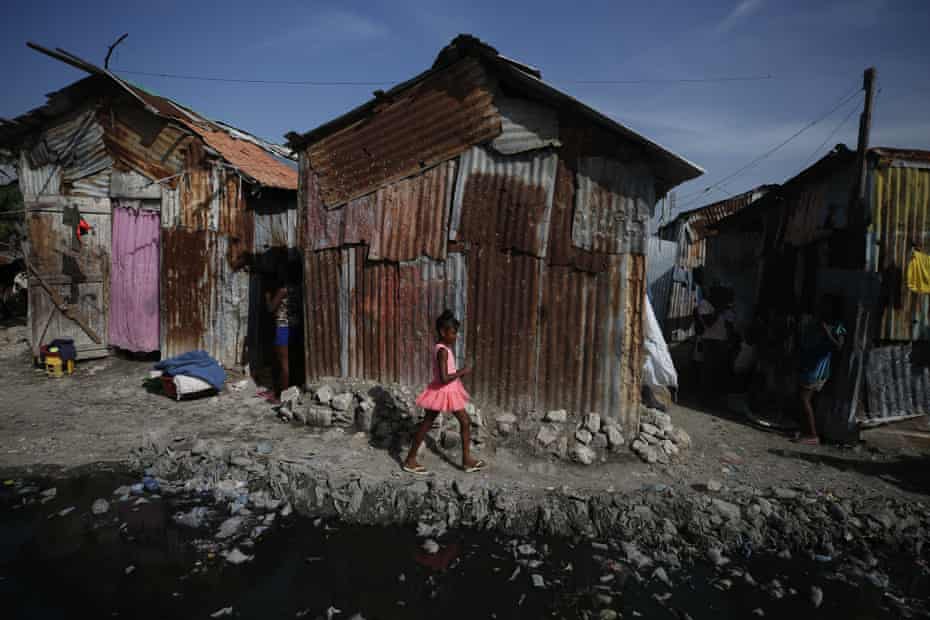
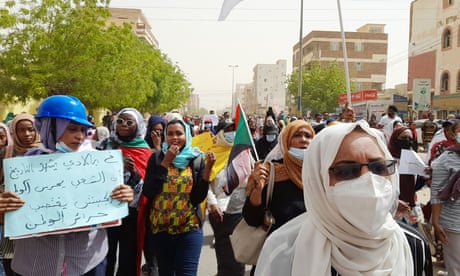
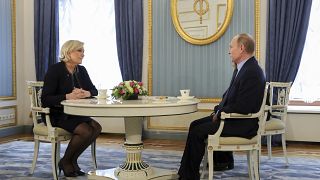
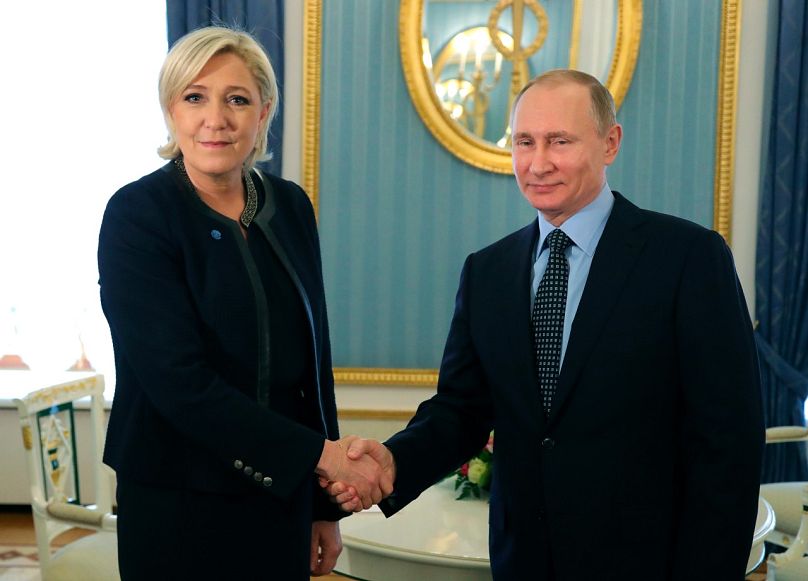
:quality(70)/cloudfront-eu-central-1.images.arcpublishing.com/thenational/JVPPK4WTJ2QRG5IY24H6AVPTF4.jpg)
:quality(70)/cloudfront-eu-central-1.images.arcpublishing.com/thenational/SECUUWQ47CMMCTWOMNR6D2TANQ.jpg)
:quality(70)/cloudfront-eu-central-1.images.arcpublishing.com/thenational/G2SBYUTEQUJRWDEFAS67WTBO2Y.jpg)
:quality(70)/cloudfront-eu-central-1.images.arcpublishing.com/thenational/GNJQ63VYFCXM7TLQNEMPVZOB3E.jpg)
:quality(70)/cloudfront-eu-central-1.images.arcpublishing.com/thenational/AESJZETYWHS7ATALMALSSXB3JQ.jpg)
:quality(70)/cloudfront-eu-central-1.images.arcpublishing.com/thenational/NI77UUALCZIQ67SNDT5PJKYDLI.jpg)
:quality(70)/cloudfront-eu-central-1.images.arcpublishing.com/thenational/GJX24W77IHONQLYSXBDISSHRMQ.jpg)
:quality(70)/cloudfront-eu-central-1.images.arcpublishing.com/thenational/UPRSLZ2AXQ2ODD43NIJKPPRONI.jpg)
:quality(70)/cloudfront-eu-central-1.images.arcpublishing.com/thenational/CPODCSDDBE2CRAL5KP5SKYBDZU.jpg)


